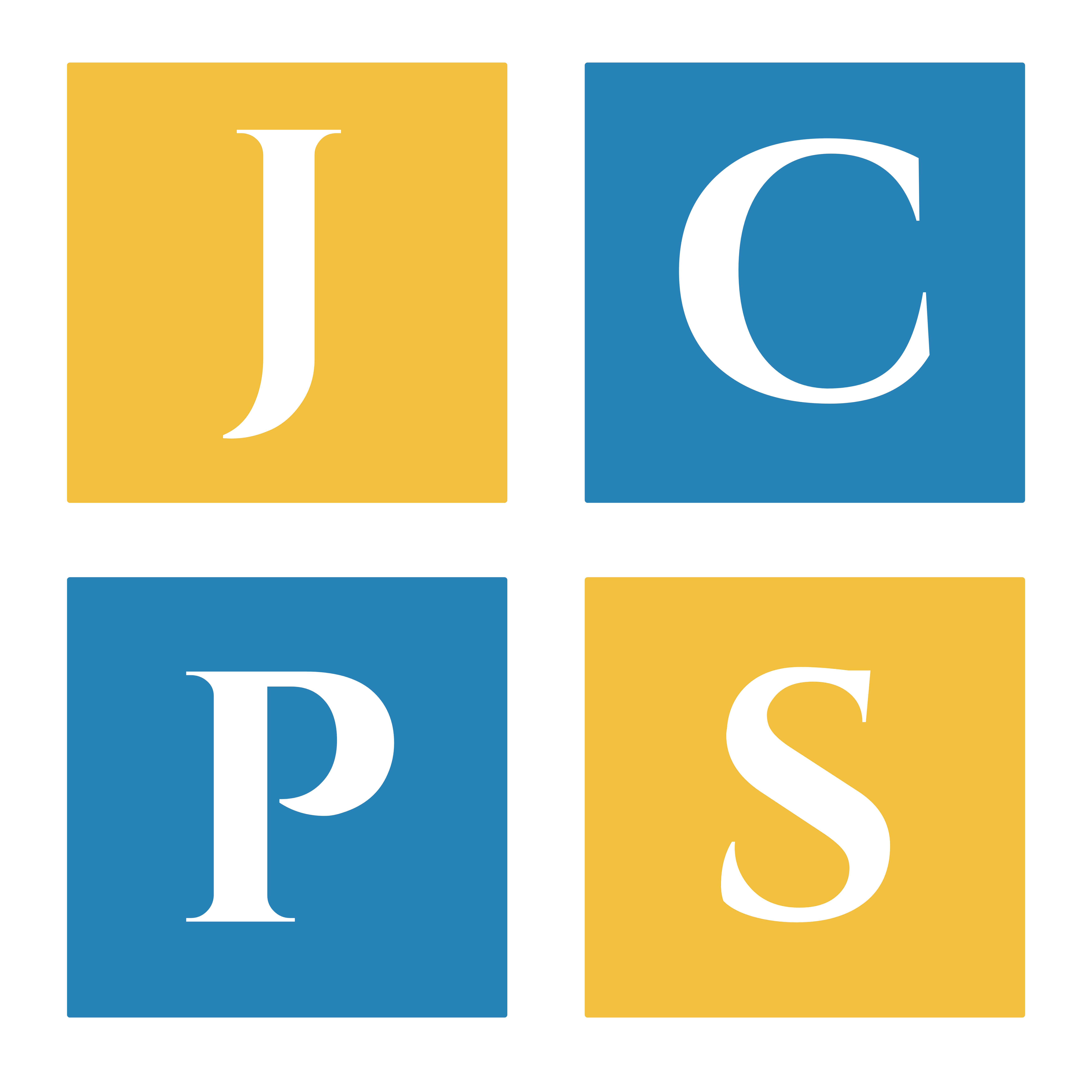Journal of Counselor Preparation and Supervision
Volume 1, Number 2 (2009)
Editor Notes
Welcome to the second edition of the Journal of Counselor Preparation and Supervision. We are most assuredly up and running. To date 14 manuscripts submitted. Seven (50%) have been accepted for publication. Of the remaining seven, we are working with authors in revising several manuscripts prepared for either publication (if the manuscript was accepted with revisions) or resubmission (if we have asked the author(s) to revise and resubmit). Our current acceptance rate (including manuscripts that have been both accepted and accepted with revisions) is 71% (10/14).
One of our primary goals in starting this journal was to expedite the turn-around time in both review and publication of manuscripts and articles. To this end, we have provided feedback to authors on their manuscript submission(s) in an average of only 2 1/2 months. This feat has been accomplished primarily by the timely, professional and collaborative feedback reviews offered by the editorial board.
We are pleased and proud of the fact that the journal has been accepted and is now being incorporated into the EBSCOHost holdings. Of course, while NARACES oversees the content, subject matter and publishing of the journal, our affiliation with EBSCOHost allows authors to more fully document and articulate the presence of this on-line journal as a primary journal for counselor educators and supervisors.
So what's in this edition of the journal? In the first article, Stephanie Hall and Diana Hulse investigate the perceptions of how doctoral students experience their teaching preparation during their doctoral studies. The authors also provide an assessment of students' level of preparation for teaching.
In the second article, Krista Malott, Tina Paone, Cleborne Maddux and Terri Rothman analyze the overlap and gaps between multicultural course content and objectives (as reflected by syllabi) with current trends and directions generally recommended in multicultural literature. The authors provide valuable and insightful suggestions for improving multicultural coursework.
The author of article three, Jerry Novack provides a deep inspection of the use of existential-gestalt approaches to counselor supervision offering both pragmatic and reflective considerations for utilizing such approaches in the supervisory relationship.
The second edition of our journal then continues the tone set in the first edition by considering significant issues faced by counselor educators and supervisors.
Once again, thanks to all involved in the development of the journal.
Articles
Perceptions of Doctoral Level Teaching Preparation in Counselor Education
Stephanie F. Hall and Diana Hulse
Multicultural Counselor Training: Assessment of Single-Course Objectives and Pedagogical Strategies
Krista M. Malott, Tina R. Paone, Cleborne Maddux, and Terri Rothman
Complete Issue



